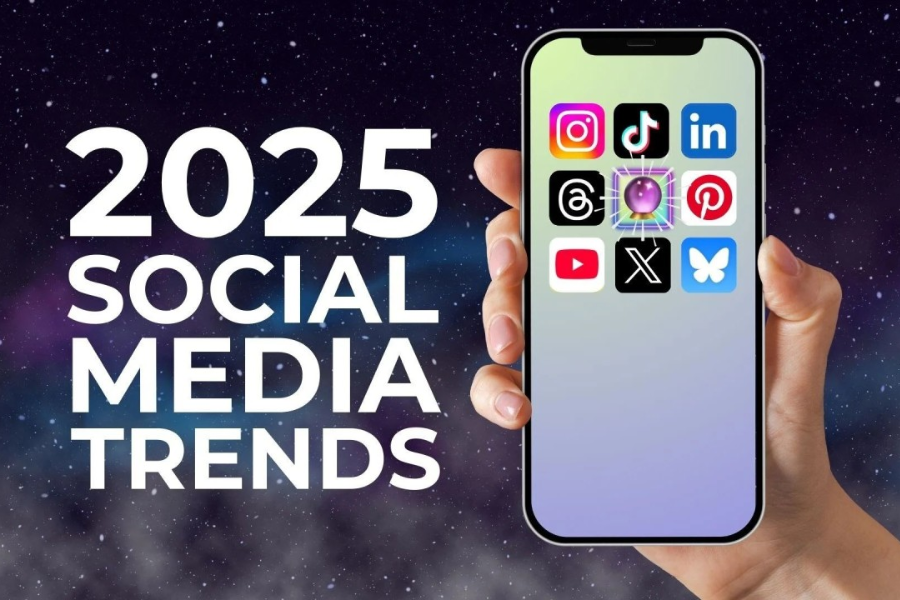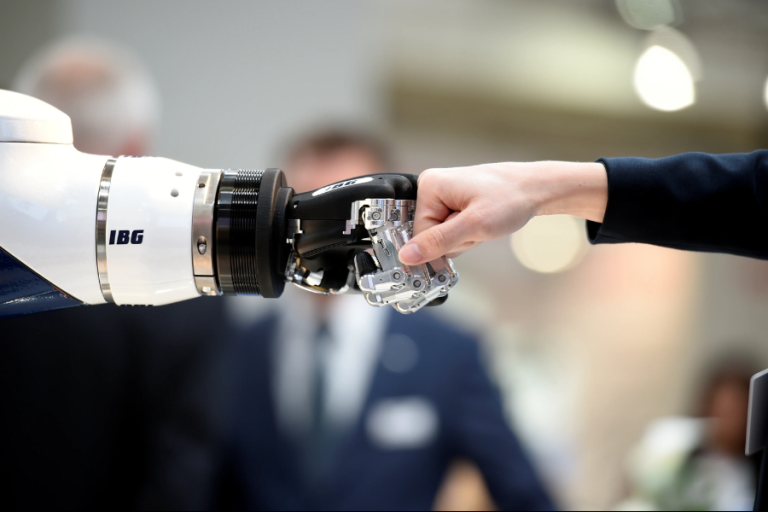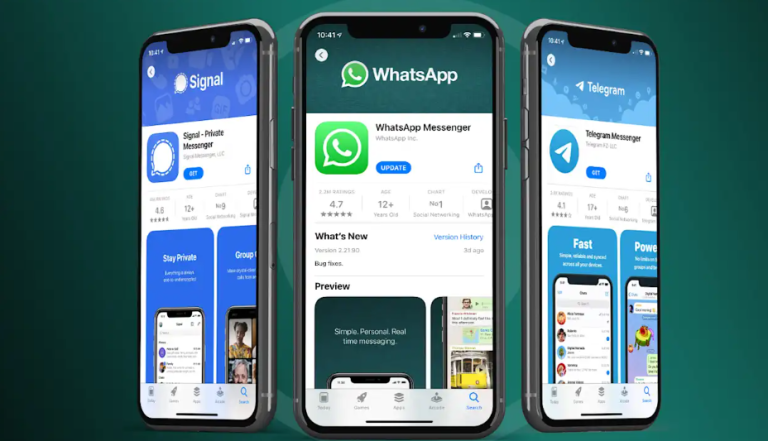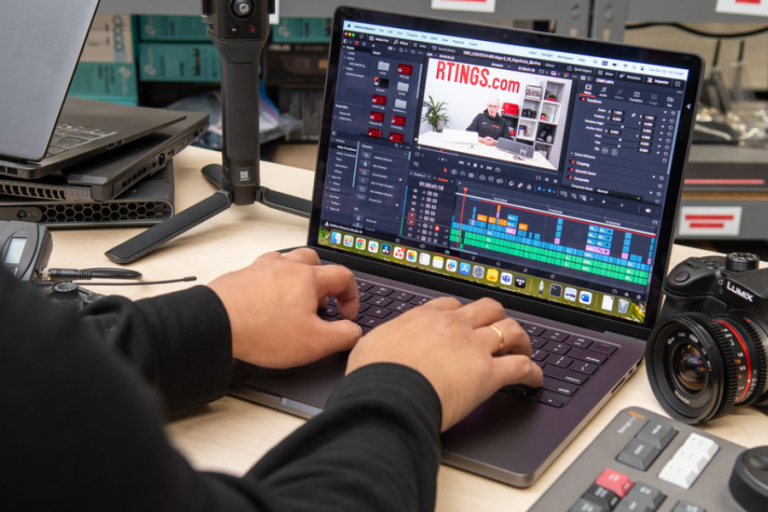Top Social Media Trends Dominating 2025
Social media is no longer just a tool for staying connected. In 2025, it has become the engine driving modern communication, branding, marketing, activism, entertainment, and even education. Platforms have evolved, user behavior has shifted, and algorithms now determine everything from visibility to virality.
As we move deeper into a digitally interconnected world, staying updated on the latest social media trends is crucial. Whether you’re a content creator, marketer, brand, or simply an informed user, understanding the direction of social media in 2025 can help you adapt and grow. The Techno Tricks dives into the biggest social media trends shaping this year’s digital landscape.
1. The Rise of Micro-Communities
While mainstream platforms like Facebook, Instagram, and TikTok continue to dominate in numbers, users are increasingly shifting toward niche micro-communities. These are private or semi-private groups centered around specific interests, hobbies, or professional topics.
Platforms like Discord, Telegram Channels, Reddit Subgroups, and even private Facebook Groups are experiencing a surge in activity. Audiences prefer deeper connections over mass engagement, and brands are beginning to invest in cultivating these smaller, loyal digital communities for better long-term impact.
2. Vertical Video Continues to Reign
The short-form video trend that began with TikTok has matured, but vertical video content remains dominant. Instagram Reels, YouTube Shorts, and now even LinkedIn and Pinterest are adopting short, mobile-friendly video formats as core parts of their platforms.
In 2025, vertical video is not just for entertainment. It is now being used for tutorials, product reviews, professional updates, and even news delivery. Creators and brands that understand how to tell stories in less than sixty seconds are thriving more than ever before.
3. AI-Powered Content Creation Goes Mainstream
Artificial Intelligence is not just a backend tool anymore. AI-generated captions, images, video editing, and even full scripts are being used by everyday creators. Tools like AI voiceovers, background removal, and smart post scheduling are making content production faster, cheaper, and more personalized.
Influencers and brands are using AI not to replace creativity, but to amplify it. AI can now predict content performance, suggest hashtags, and analyze audience behavior in real-time. Those leveraging AI tools responsibly are leading the content race in 2025.
4. Social Commerce Becomes the New Normal
Social media and e-commerce have fully merged. Platforms like Instagram, TikTok, and Pinterest now support in-app purchases without ever directing users to external websites. Even YouTube has enhanced shoppable video features with tagged products and real-time deals.
Micro-influencers and creators are now running their digital storefronts directly from their profiles. Audiences trust peer recommendations more than traditional ads, making product integration into authentic content more effective than ever before.
5. Real-Time Engagement Is Prioritized
Users in 2025 value immediacy. Whether it’s live videos, Twitter Spaces, or Q&A sessions on Instagram, real-time interaction is what builds trust and engagement. Scheduled content has its place, but spontaneous, live, and raw formats are pulling higher engagement rates.
Brands are responding with social media teams operating almost like newsrooms—reacting to trends, replying instantly to comments, and using livestreams to introduce new products or take feedback directly from users.
6. The Silent Rise of Decentralized Platforms
Privacy concerns and growing dissatisfaction with mainstream algorithms have led to the gradual growth of decentralized social platforms. Apps like Mastodon, Bluesky, and others based on blockchain or federated architecture are gaining traction among tech-savvy users.
These platforms promote ad-free models, data ownership, and freedom of expression, offering an alternative experience to traditional networks. While not yet mainstream, these platforms are expected to disrupt the industry by mid-decade.
7. The Growth of Audio-Visual Hybrids
Podcasting remains strong, but in 2025, it is evolving into visual podcasting. Platforms are seeing a blend of audio and video content where podcasts are being live-streamed, uploaded in video format, and clipped into short reels.
This hybrid content strategy keeps audiences engaged across more than one medium and platform. Apps like Spotify, YouTube, and Facebook Watch have created integrated ecosystems for this evolving format.
8. Personal Branding Is a Career Asset
Professionals in 2025 are treating their social profiles like digital portfolios. From LinkedIn to Twitter to Medium, building a personal brand has become as essential as having a résumé. Career coaches, recruiters, and businesses are paying close attention to the online presence of individuals.
People are increasingly aware that personal branding, built through consistent content, engagement, and niche authority, directly influences job opportunities, partnerships, and audience trust.
9. Algorithm Transparency Is Demanded
One of the biggest user demands in 2025 is for transparency in social media algorithms. Users want to understand why they see certain posts, how content is recommended, and what determines their reach. In response, platforms are beginning to provide basic explanations of post visibility and ranking.
Although full transparency is still far off, this trend signals a shift in power dynamics, where users expect more control and understanding over what shapes their digital feed.
10. Cross-Platform Integration Becomes Key
No single platform dominates user attention anymore. People move seamlessly between YouTube, Instagram, LinkedIn, TikTok, and Reddit depending on their needs. As a result, creators and brands are embracing cross-platform strategies.
Tools that automate content resharing, track analytics across networks, and customize content formats are becoming essential. Integration also means that storytelling must be adapted for different audiences while maintaining consistent brand identity.
11. Sustainability and Ethics in Social Content
Users in 2025 expect more than just entertainment. They are holding creators and brands accountable for the messages they share. Environmental responsibility, ethical partnerships, and transparency about sponsored content are all under public scrutiny.
Audiences support brands that take real social stances and are quick to disengage from those that appear disingenuous or performative. Content that educates or promotes positive change alongside entertainment is increasingly favored.
12. Digital Identity and Avatars
As the metaverse continues its quiet evolution, digital avatars are becoming part of mainstream social experiences. From Bitmoji on Snapchat to AI avatars on TikTok, users are experimenting with how they represent themselves digitally.
Some platforms allow full customization of digital versions of yourself, used for communication, gaming, and social events. This trend also reflects a growing shift in how users perceive identity online—fluid, customizable, and sometimes completely virtual.
Final Thoughts:
In 2025, social media is not standing still. It’s becoming smarter, faster, and more immersive. The lines between reality and virtual experience are increasingly blurred, and the content we consume is more personalized than ever. Whether you’re a creator, brand, or casual user, keeping pace with these trends can ensure you remain relevant and impactful.
The Techno Tricks believes that the future of social media will continue to empower individuals and small creators while challenging big platforms to be more transparent, ethical, and innovative.Stay curious, experiment with new formats, and most importantly, keep it real. Social media success in 2025 is not just about trends, it’s about authenticity.






